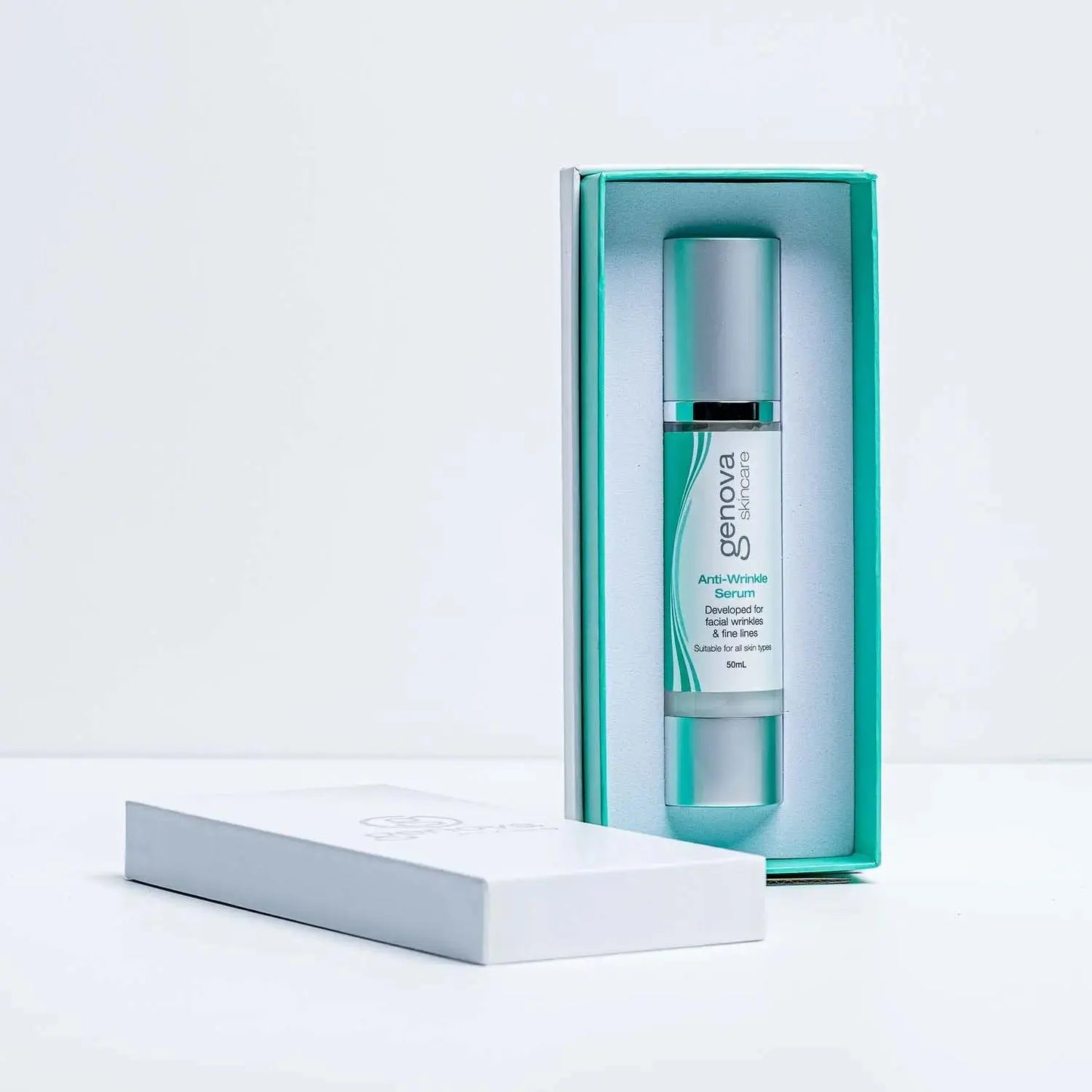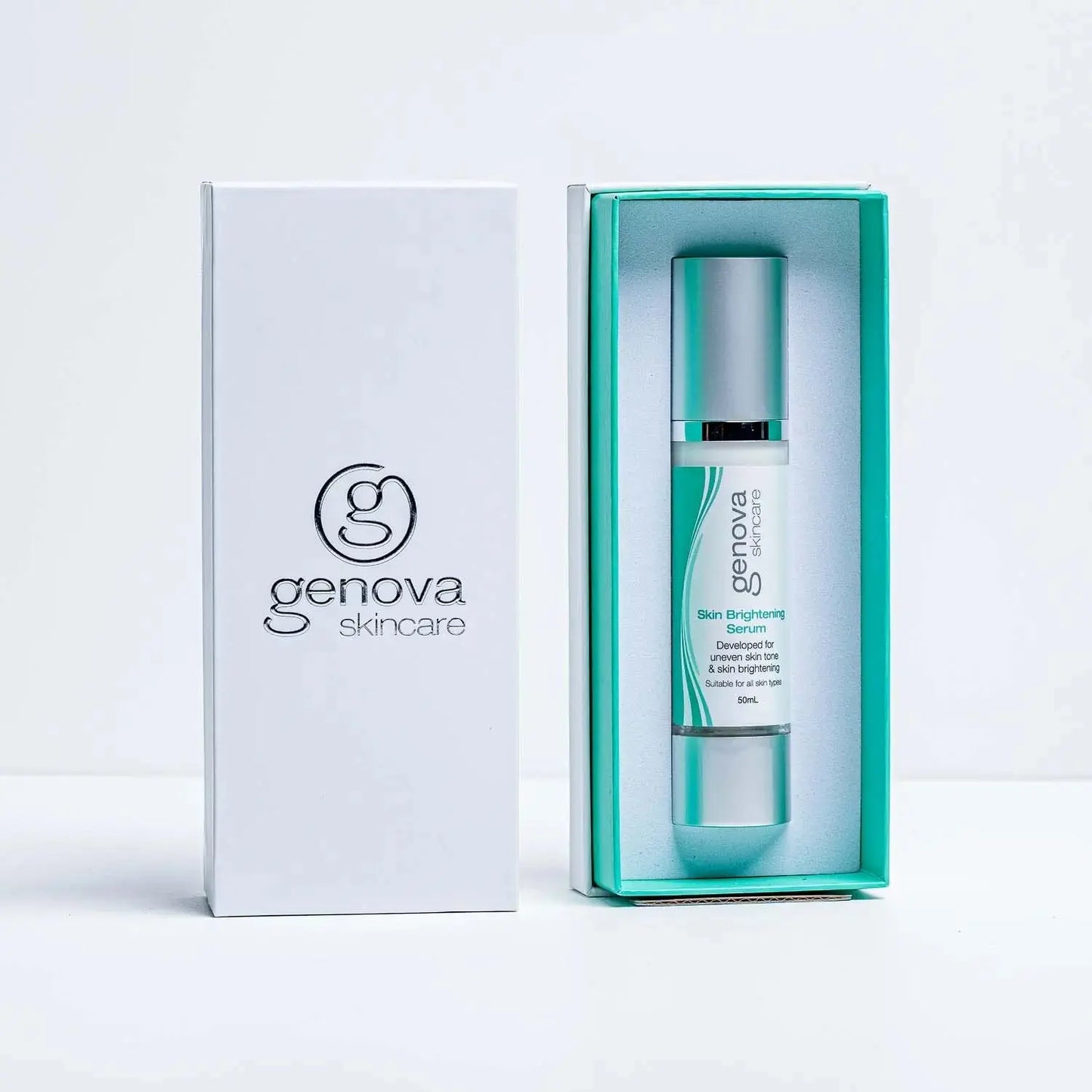Why Your Skin Gets More Sensitive After Menopause – And How to Strengthen It
If you’ve noticed your skin becoming increasingly reactive after menopause, you’re not alone. Many women, like you, experience a surprising shift in skin sensitivity during this life stage. It can be frustrating to find that products you’ve used for years suddenly cause irritation or that your skin seems more fragile and prone to damage. However, understanding the biological causes behind these changes is the first step toward finding practical solutions.
The Biology Behind Increased Sensitivity
The dramatic decrease in estrogen during menopause affects the skin in multiple ways. Estrogen is crucial for maintaining the skin’s protective barrier function, supporting collagen and elastin production, and regulating skin thickness. As estrogen levels decline, the skin undergoes significant structural changes, directly impacting its sensitivity level.
One of the most noticeable changes is thinning your skin’s epidermis (outer layer) and dermis (deeper layer). This thinning effect makes postmenopausal skin more reactive to environmental factors and more susceptible to damage. With less cushioning between the surface and the nerve endings beneath, your skin becomes more likely to register irritation and discomfort from products or environmental factors that previously caused no issues.

Simultaneously, your skin’s protective lipid barrier weakens after menopause. This crucial barrier functions like your skin’s natural shield, keeping irritants out and moisture in. As estrogen levels drop, this barrier becomes compromised, increasing transepidermal water loss and allowing potential irritants to penetrate more easily. The decreased natural oil production accompanying menopause further compounds this issue, leaving your skin vulnerable to sensitivity reactions.
Common Sensitivity Issues Post-Menopause
The biological changes described above manifest in several common sensitivity issues. You might notice increased reactivity to products containing fragrances or active ingredients. Environmental factors like wind, temperature changes, and pollution may trigger more pronounced reactions than before. Perhaps most frustratingly, your skin’s healing process typically slows, meaning any damage or irritation takes longer to resolve, and you may become more susceptible to developing noticeable scars from even minor injuries.
Solutions for Strengthening Postmenopausal Sensitive Skin
Addressing increased skin sensitivity after menopause requires a multi-faceted approach focusing on gentle care and strategic product selection. First and foremost, simplifying your skincare routine can significantly reduce the chance of reactions. Focus on pH-balanced cleansing that doesn’t strip your skin’s already compromised barrier, and be particularly vigilant about avoiding harsh ingredients like alcohol, strong fragrances, and aggressive exfoliants.

When selecting products, look for specific ingredients known to support sensitive skin. Ceramides and lipids help repair and reinforce your skin’s natural barrier. Gentle hydrating ingredients like glycerin and hyaluronic acid provide moisture without irritation. Anti-inflammatory components such as niacinamide can help calm reactivity, while silicone-based products create a protective shield over vulnerable skin.
Lifestyle factors play an essential role in managing sensitive skin. Focusing on proper hydration, nutrition rich in essential fatty acids and antioxidants, and stress management can support your skin’s moisture balance, provide building blocks for skin repair, and reduce skin reactivity. Sun protection becomes even more crucial as your skin thins, as UV damage can further compromise barrier function and increase sensitivity. This knowledge empowers you to take control of your skin’s health.
How Specialised Products Can Help
Standard skincare products may not address the specific needs of sensitive postmenopausal skin. Using non-specialised products on sensitive postmenopausal skin can lead to further irritation, redness, and discomfort. Products formulated specifically for mature, sensitive skin consider the unique challenges of this life stage, offering gentler yet practical solutions. For areas with scarring or damage, specialised products become even more critical.
Genova Scar Gel provides a dual benefit for women with scars on sensitive postmenopausal skin: it treats the scar tissue while respecting the skin’s increased sensitivity. The formula supports the healing process without introducing harsh ingredients that could trigger reactions. Many women in this demographic report improved scar appearance without the irritation or redness that other treatments might cause, making it an ideal option for this particular skin challenge. The silicone in Genova Scar Gel creates a microclimate over the skin, protecting it from external irritants while maintaining optimal hydration levels. This protective barrier is especially valuable for thinned, sensitive skin that is more vulnerable to environmental damage. The gentle, non-irritating nature of medical-grade silicone makes it suitable even for the most reactive skin types, allowing for effective treatment without the risk of additional irritation.
Genova Scar Gel provides a dual benefit for women with scars on sensitive postmenopausal skin: it treats the scar tissue while respecting the skin’s increased sensitivity. The formula supports the healing process without introducing harsh ingredients that could trigger reactions. Many women in this demographic report improved scar appearance without the irritation or redness that other treatments might cause, making it an ideal option for this particular skin challenge.
Practical Application Tips
Patch testing is essential when introducing any new product to sensitive skin. Apply a small amount to an inconspicuous area and monitor for 24-48 hours before using it more widely. Consider a gradual introduction to active ingredients, starting with less frequent application and slowly building up as your skin adjusts.
Creating a consistent yet gentle routine helps maintain your skin’s barrier function over time. Applying scar treatments at night often proves most effective, as uninterrupted hours of sleep allow the product to work without interference from other products or environmental factors.
When to Seek Professional Help
While increased sensitivity is expected during and after menopause, sometimes it can indicate underlying conditions that require medical attention. Remember that you’re not alone if you experience extreme redness, burning, persistent rashes, or sensitivity that significantly impacts your quality of life. Consult a healthcare provider. Dermatologists can provide specialised guidance, while menopause specialists might offer insights into hormonal treatments that could address skin changes alongside other symptoms. Seeking professional help when needed is a sign of strength and self-care.

The journey through menopause brings many changes, and your skin’s increased sensitivity may be one of the more challenging aspects to navigate. However, with understanding and the right approach, which includes a gentle skincare routine, proper hydration, and stress management, you can effectively manage these changes and maintain healthy, comfortable skin. You address your skin’s needs during this transition by choosing specialised, gentle products like Genova Scar Gel. Take time to assess your current skincare routine – your postmenopausal skin will thank you for the extra care and attention.








